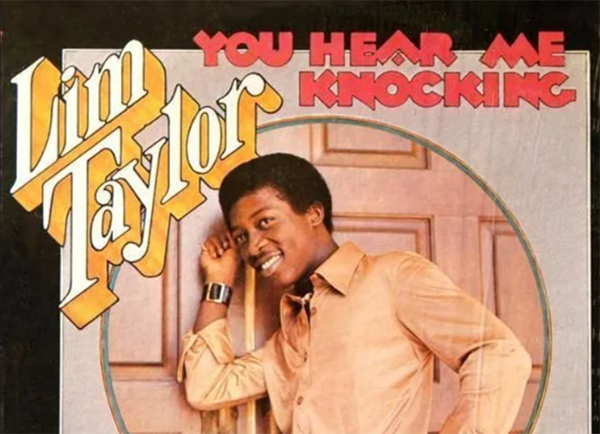Features
Sort By: Post DateTitle Publish Date
|
Jan 31, 2005
|
Oct 30, 2021
|
Jan 24, 2020
|
Mar 30, 2021
|
Oct 11, 2018
|
Aug 06, 2020
|
Oct 12, 2023












